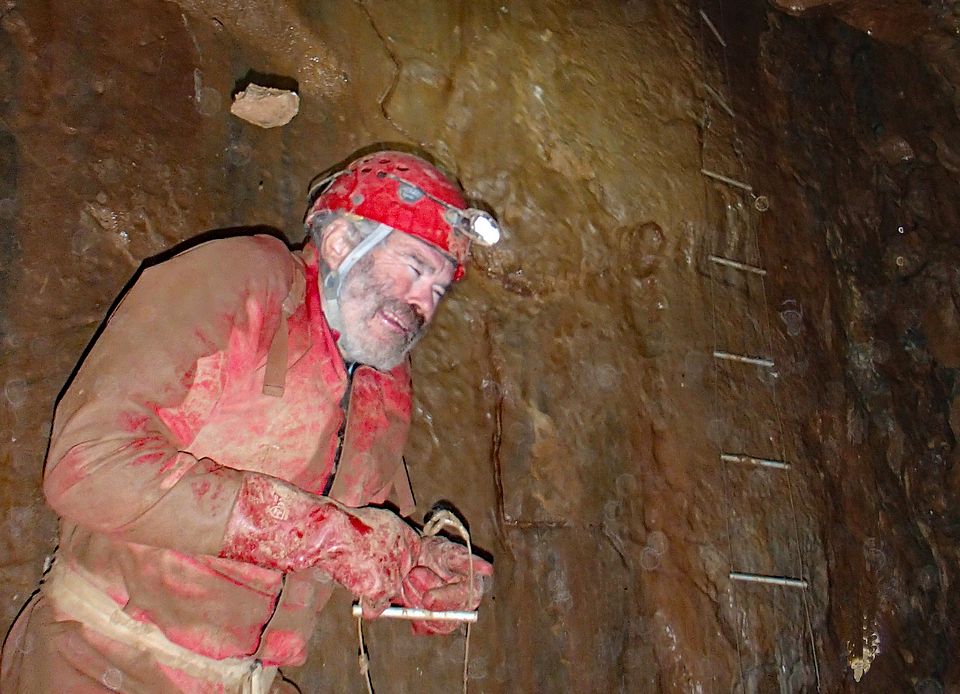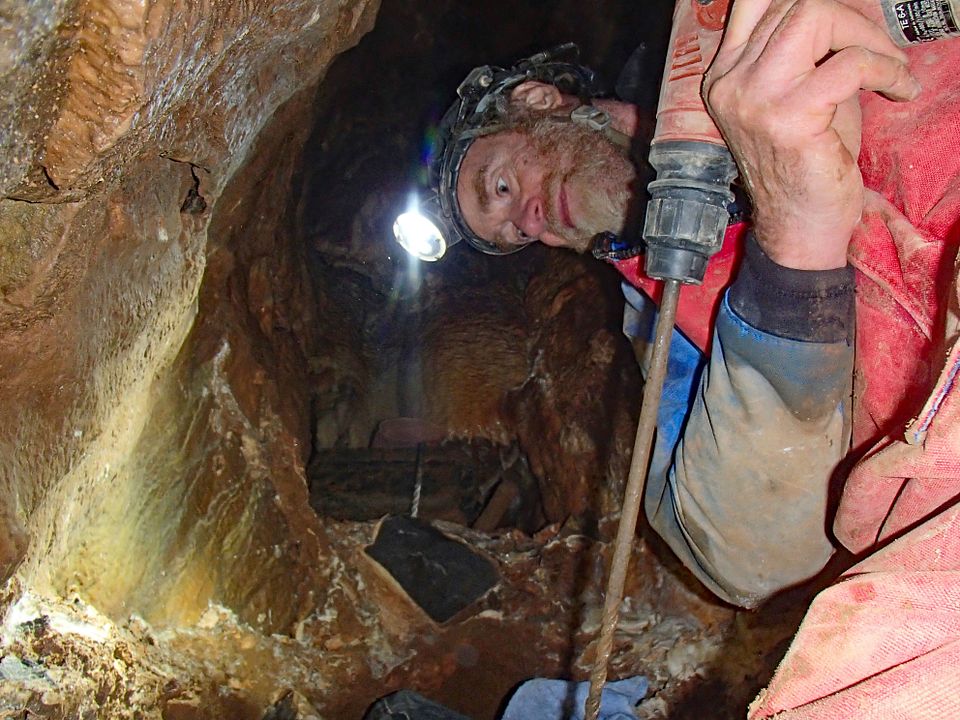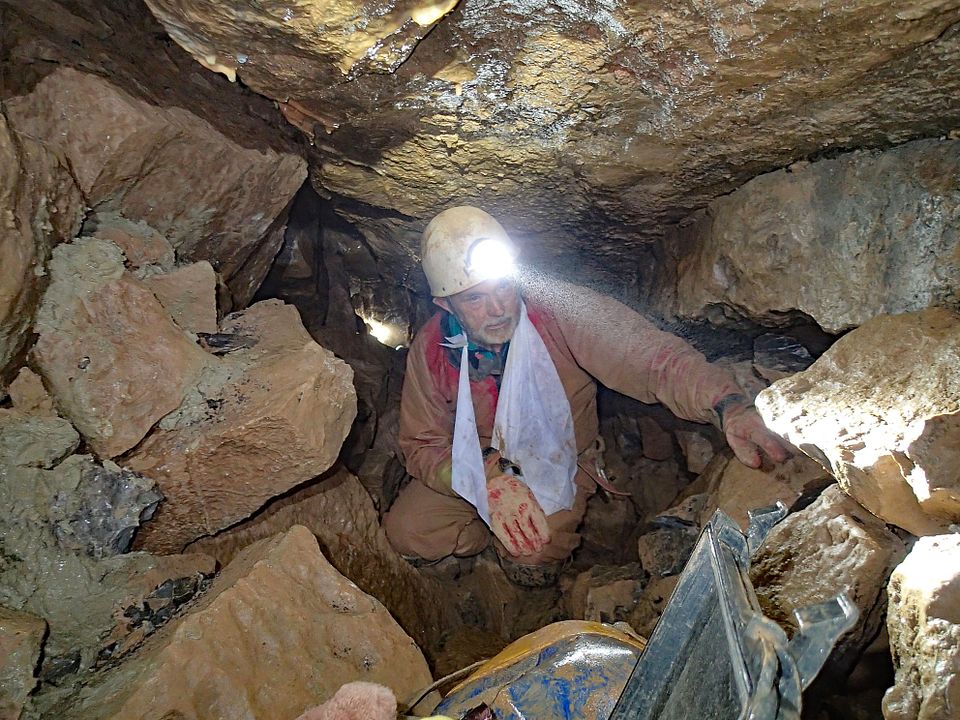CJ
Member
Hello all,
My question is rather simple; is there such thing as a comprehensive digging guide for beginners? From basic principles (let's assume I know how to hold a spade and ) to structural and geological principles/considerations? How much of this wisdom is handed down by the elders and where can I find out more?
) to structural and geological principles/considerations? How much of this wisdom is handed down by the elders and where can I find out more?
I've been reading through posts by "The Old Ruminator" (not implying you are an elder on the basis of age.... See! I told you I could ) and it's been very insightful. I'm also in touch with another digger on the site (you know who you are) and I'm learning a lot about finding and rediscovering forgotten mines. I was just curious if there were any written resources I could also use? A "Vertical" but for horizontal (and occasional vertical) purposes... Or do you suggest I just continue to lurk in the dig section?
) and it's been very insightful. I'm also in touch with another digger on the site (you know who you are) and I'm learning a lot about finding and rediscovering forgotten mines. I was just curious if there were any written resources I could also use? A "Vertical" but for horizontal (and occasional vertical) purposes... Or do you suggest I just continue to lurk in the dig section?
I understand that permission is always step 1 after finding a site and nobody is going to instruct me on clandestine digs! Thanks in advance
My question is rather simple; is there such thing as a comprehensive digging guide for beginners? From basic principles (let's assume I know how to hold a spade and
 ) to structural and geological principles/considerations? How much of this wisdom is handed down by the elders and where can I find out more?
) to structural and geological principles/considerations? How much of this wisdom is handed down by the elders and where can I find out more? I've been reading through posts by "The Old Ruminator" (not implying you are an elder on the basis of age.... See! I told you I could
 ) and it's been very insightful. I'm also in touch with another digger on the site (you know who you are) and I'm learning a lot about finding and rediscovering forgotten mines. I was just curious if there were any written resources I could also use? A "Vertical" but for horizontal (and occasional vertical) purposes... Or do you suggest I just continue to lurk in the dig section?
) and it's been very insightful. I'm also in touch with another digger on the site (you know who you are) and I'm learning a lot about finding and rediscovering forgotten mines. I was just curious if there were any written resources I could also use? A "Vertical" but for horizontal (and occasional vertical) purposes... Or do you suggest I just continue to lurk in the dig section?I understand that permission is always step 1 after finding a site and nobody is going to instruct me on clandestine digs! Thanks in advance



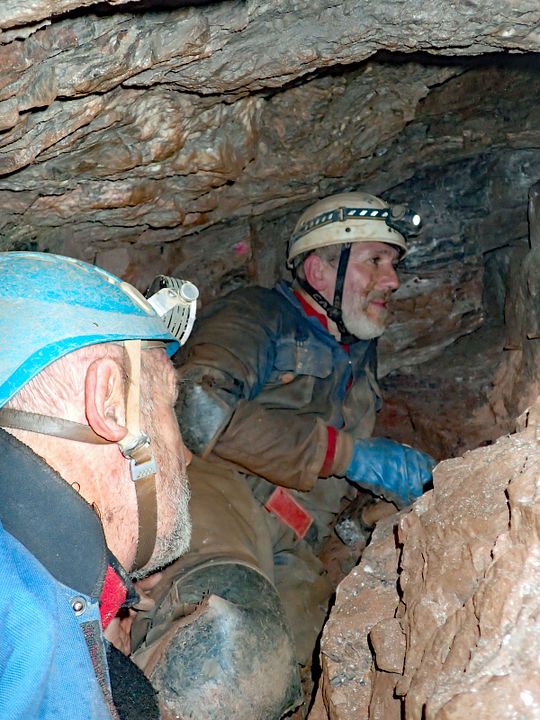
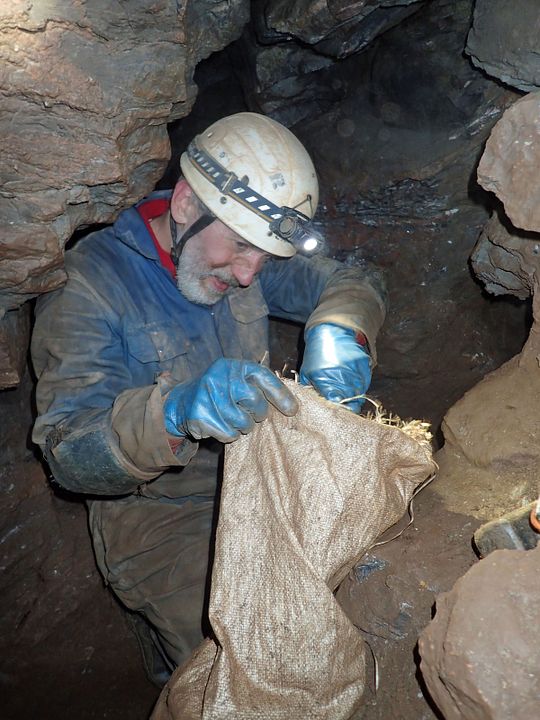
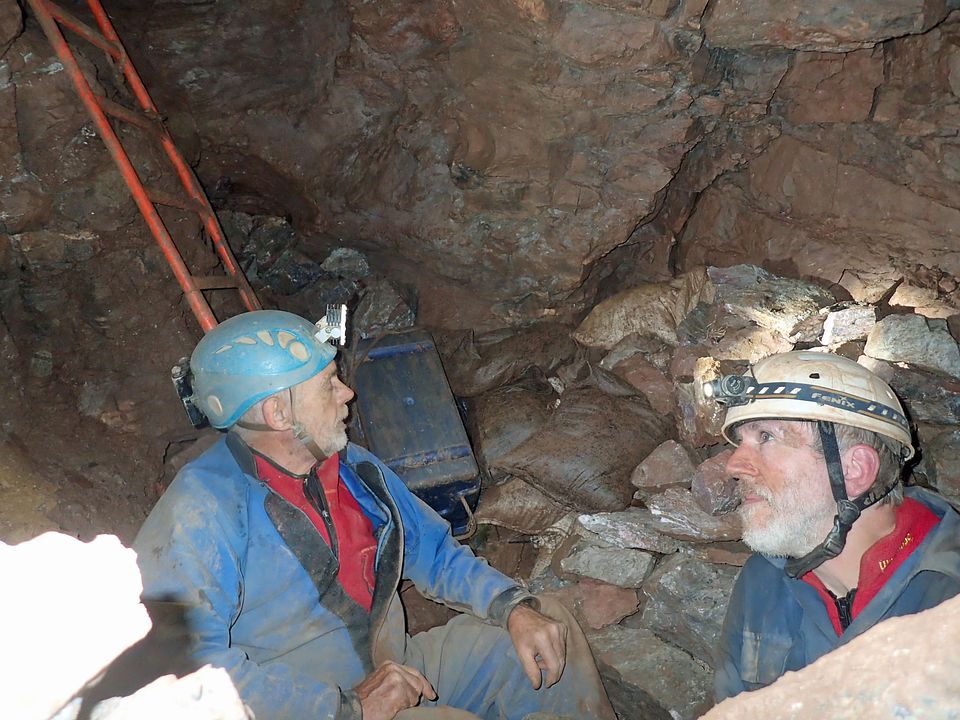
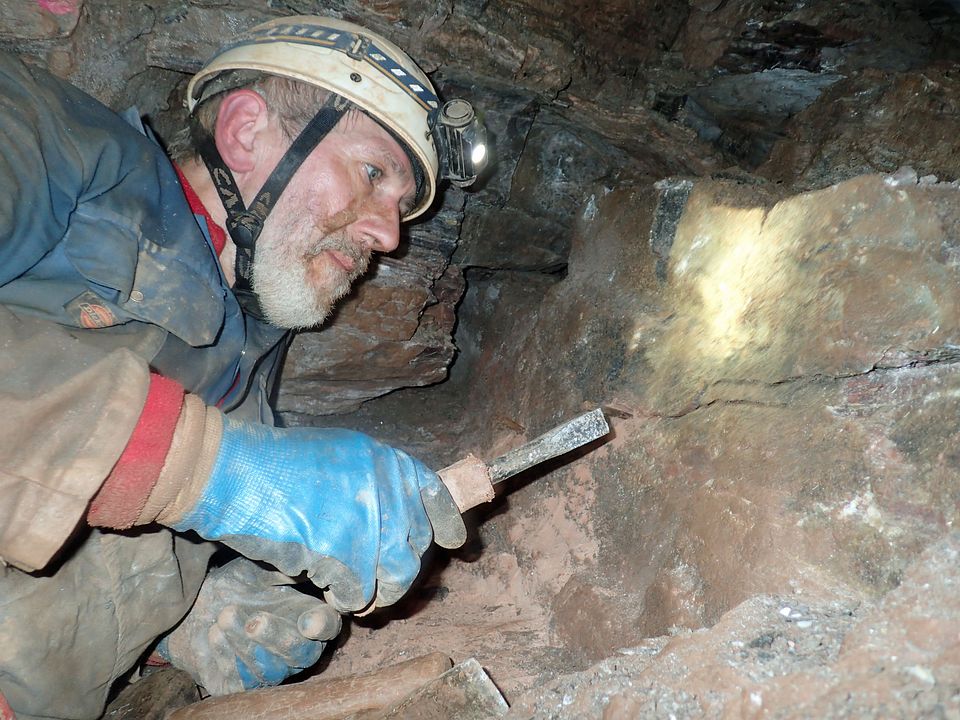
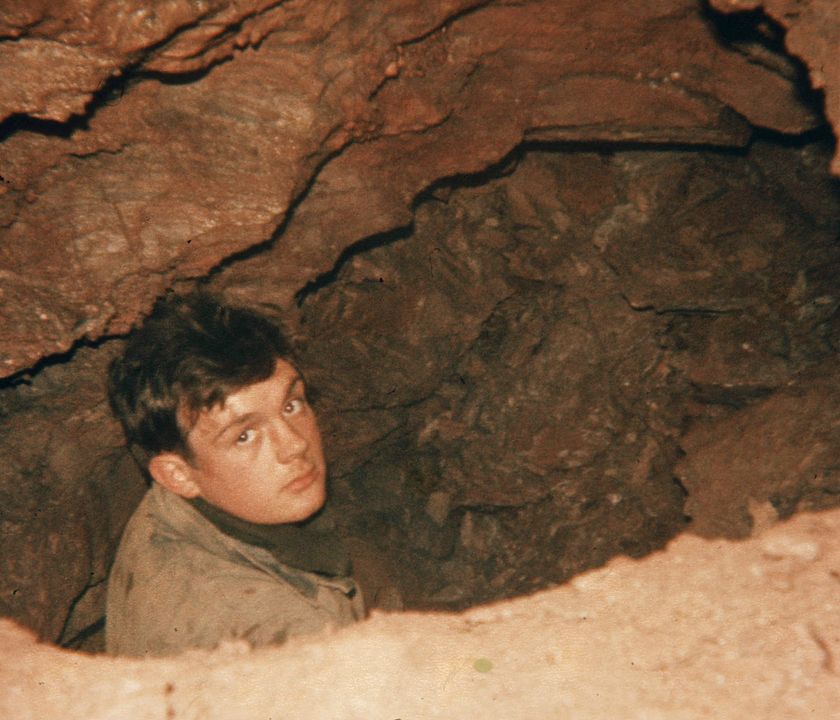
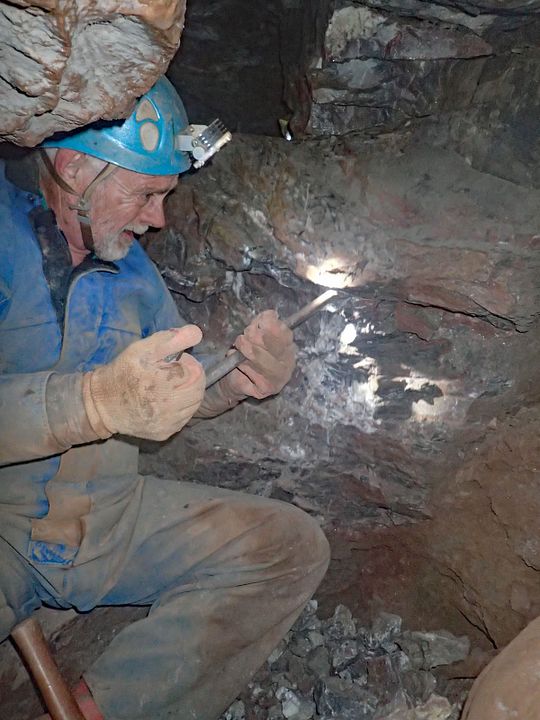

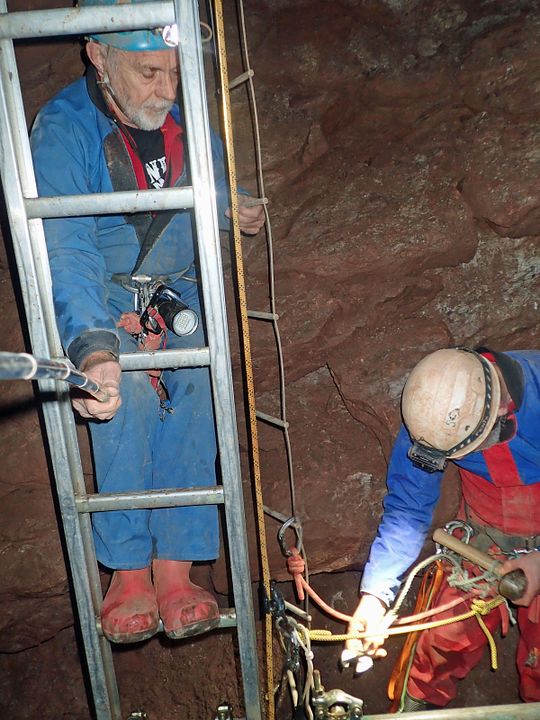
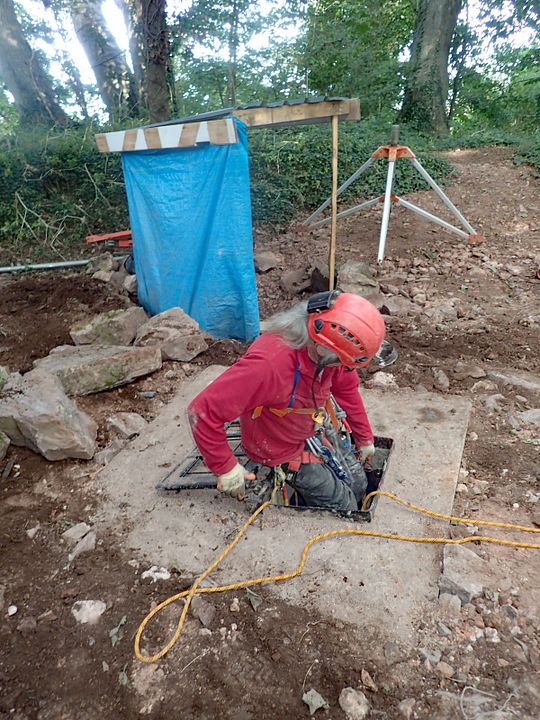
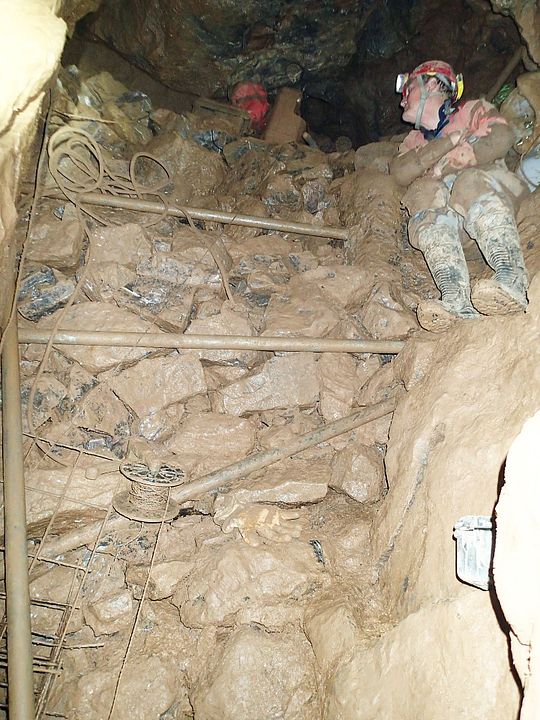
.JPG?width=960&height=720&fit=bounds)
.JPG?width=960&height=720&fit=bounds)
